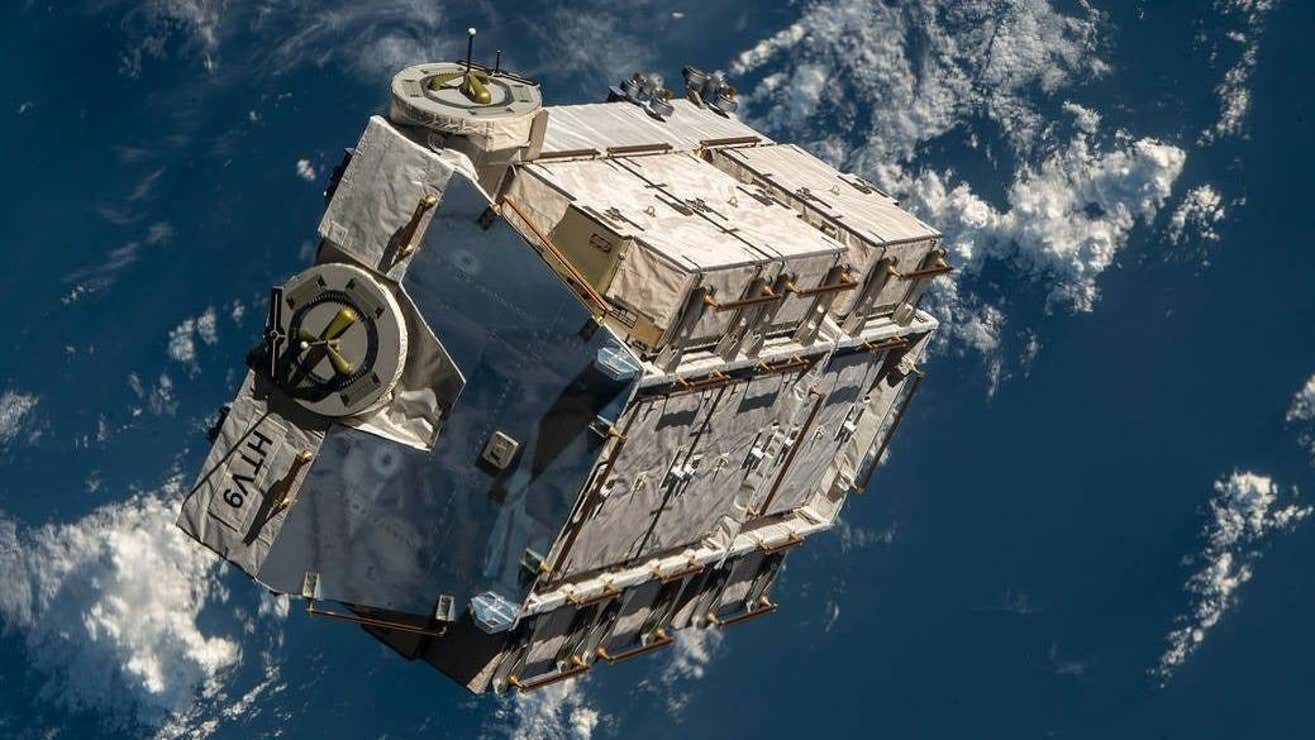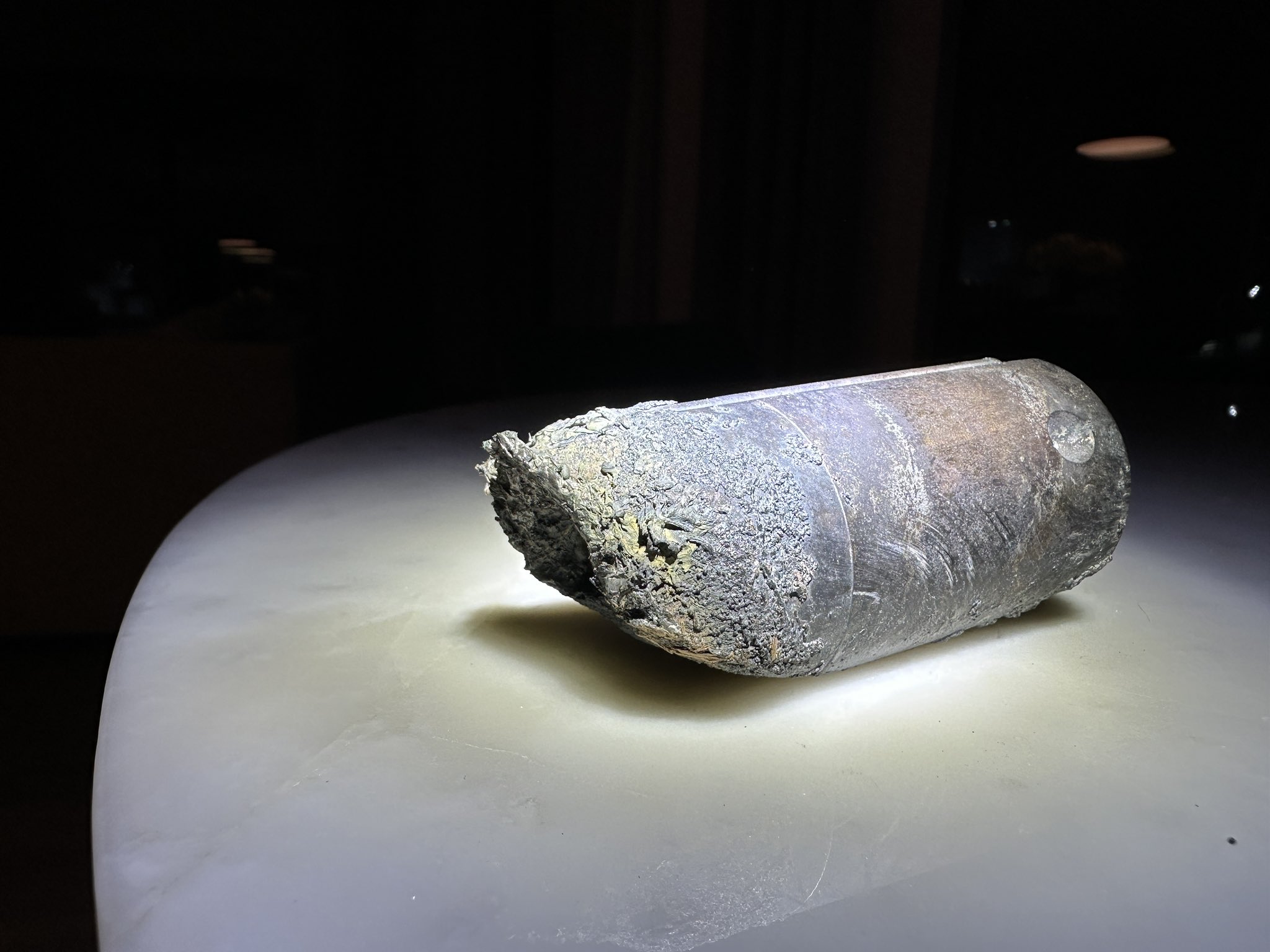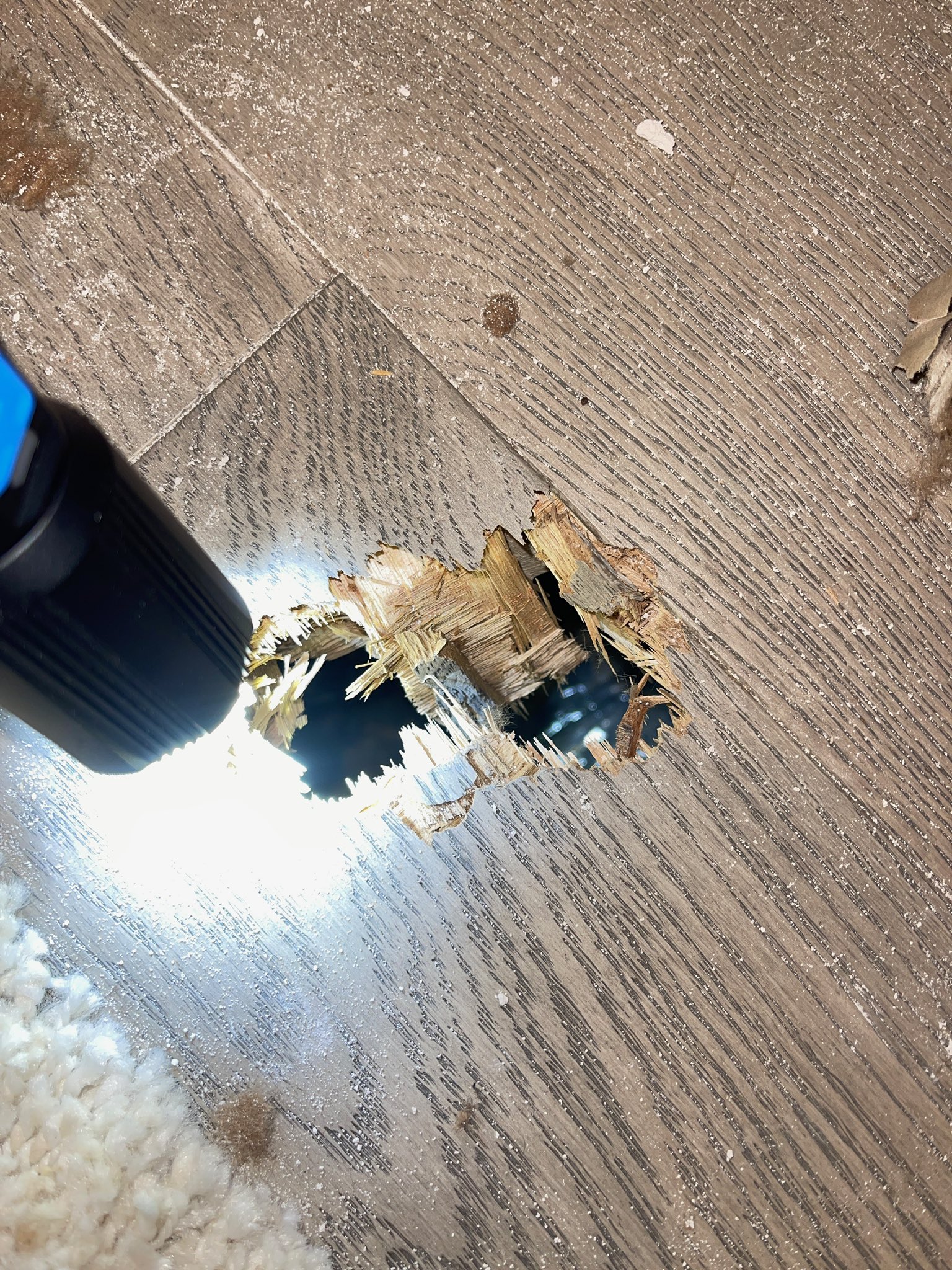A Florida family has filed a lawsuit against NASA over a piece of space debris that fell onto the roof of their home. The incident occurred when a kilogram object of cylindrical shape broke through the roof of a house in Naples, Florida. This coincided with the deorbiting of a pallet of spent ISS batteries that flew through the atmosphere over the Gulf of Mexico and into southwest Florida.

The homeowner reported the case, so NASA took the object away for analysis. In April, the Aerospace Administration confirmed it was a fragment of flight support equipment used to secure batteries to a cargo pallet.
“Space debris is a real problem. We are seeking redress. My clients want compensation for the stress and impact on their lives. They are grateful that no one was hurt, but it could have had catastrophic consequences,” said plaintiffs’ lawyer Mica Nguyen Worthy.

The homeowner’s son, Alejandro Otero, was in the room but was not injured. According to Worthy, the debris pierced the roof and ceiling. The family is seeking compensation for property damage, emotional distress and related expenses.
NASA is condemned for debris for the first time
The cargo pallet contained nine batteries and weighed approximately 2,630 kilograms, making it the heaviest debris ejected from the ISS. The pallet was ejected by Canadarm2’s robotic arm in March 2021 and began a long, uncontrolled fall to Earth. The pallet entered the dense atmosphere on March 8 at 3:29 p.m. ET over the Gulf of Mexico. NASA expected the entire pallet to burn up, and the chances of the fragments surviving the heat and landing in a populated area were low, but not zero.

According to the European Space Agency, between 200 and 400 man-made objects re-enter the Earth’s atmosphere each year. Space agencies typically adopt a probability threshold of 1 in 10,000 for the risk of loss of life from a single uncontrolled re-entry.
“NASA remains committed to working responsibly in low Earth orbit and minimizes risk as much as possible to protect people on Earth when space equipment is removed,” the agency said in a statement.
This case is a rare instance of space debris falling on private property. But this is the first time NASA has been accused of irresponsible debris dumping. The organization will probably compensate the family. And this case will set a precedent as the Earth’s orbit continues to be clogged with space debris.
We previously reported on how debris from the Crew Dragon spacecraft fell onto a farm.
According to space.com


